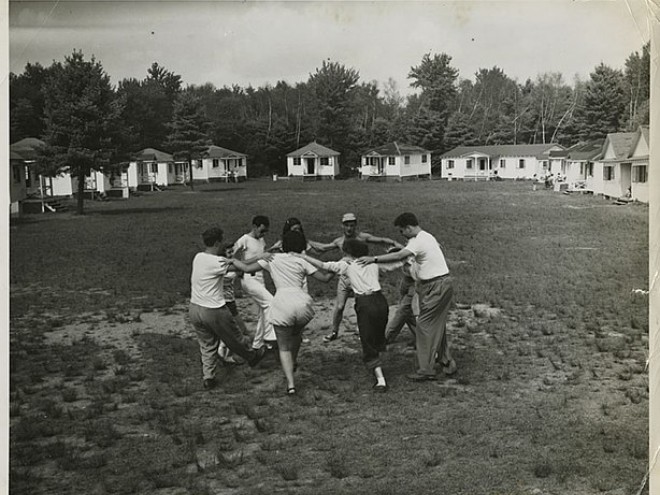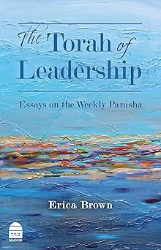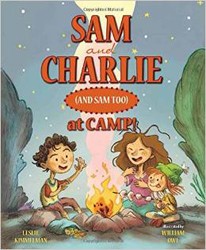For anyone who attended Jewish summer camp, this book is sure to evoke nostalgia. But even for readers who have never participated in this part of Jewish American life, Sandra Fox’s new study of its impact will both raise and answer many questions. She frames Jewish camping within the larger context of postwar culture, analyzing different approaches to Jewish experiential learning while school was not in session. Thorough and absorbing, each chapter provides new insights into how camps reflected and influenced trends in Jewish education.
While educators had different motives for establishing Jewish summer camps, Fox emphasizes the countercultural nature of Jewish camping. As greater assimilation and economic security became features of Jewish life, the challenges to Jewish identity became more intense. Camp was viewed as an opportunity to counter conformist suburban culture and ineffective after-school programs with an immersive alternative, where children and teens could experience a more organic vision of Judaism as a way of life. Ideally, campers would return to their communities prepared to become leaders in their Jewish communities. Frequently, however, educators confronted social changes that they were powerless to reverse, as well as campers who challenged their goals.”
Fox builds her argument with meticulous detail, distinguishing the larger camping movement from its specific Jewish subcultures, which held different aspirations for their programs. While camps promoting Yiddish believed they could counter the recent devastation of Europe’s Jews, Zionist camps saw an opportunity to assert the centrality of Israel as the key to Jewish survival. The more professionalized character of the Conservative movement’s Ramah camps adjusted to meet changing expectations, eventually allowing campers and counselors more opportunities to assert their autonomy and gain greater freedom. In most camps, a reversal of the age hierarchy evolved, with young adult counselors having more direct influence over campers than the older communal leaders.
Fox’s approach is not theoretical; numerous quotes and anecdotes support and enliven her account. She explains the disturbing effects of role-playing activities, where campers reenacted pogroms and Holocaust scenarios, and compares the schedules of Zionist, Yiddishist, and Reform and Conservative camps Rich descriptions of different Shabbat observances, including their role in largely secular Yiddish camps, are particularly fascinating.
One chapter, “Summer Flings and Fuzzy Rings: Camper Romance, Erotic Zionism, and Intermarriage Anxiety” deals with the unavoidable fact of intermarriage and assimilation. Fox confronts the effects, both positive and negative, of viewing camps as an opportunity to support relationships, and eventually marriages, between young Jews. There were clearly dangers that emerged from this mission. LGBTQ campers and counselors felt marginalized, for example, and the potential for sexual abuse was all but inevitable.
The Jews of Summer is an essential and engaging addition to scholarship on Jewish camping. Summer is an appropriate season in which to read it — but any time of year will yield the same rewards.
Emily Schneider writes about literature, feminism, and culture for Tablet, The Forward, The Horn Book, and other publications, and writes about children’s books on her blog. She has a Ph.D. in Romance Languages and Literatures.




